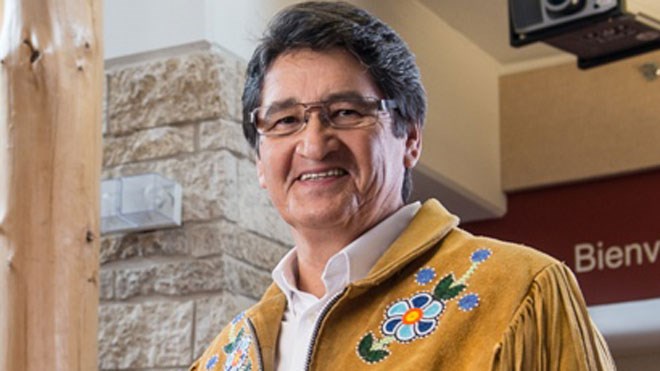Recently, the Hon. Carolyn Bennett (Indigenous Affairs Minister) and MP Charlie Angus were discussing the Attawapiskat crisis on the CBC show Power & Politics.
Both of these politicians are committed to getting the resources and aids to the people in this remote community. This is a good thing of course. After the dust settles, and the crisis abates, however, we likely will not hear anything pertaining to Indigenous Affairs until the next ugly scene emerges in a remote, northern reserve.
This horrific cycle keeps repeating itself, and has been doing so for many decades. It is easy to point the finger at bureaucrats in Indigenous Affairs in Ottawa; or at politicians of all stripes who seem to only offer "Band-aid" solutions; or at some Native chiefs themselves who, perhaps, leave something to be desired in terms of financial accountability.
We all need to come together and fix this systemic problem.
Eminent native Canadians like Ovide Mercredi and Phil Fontaine and other stakeholders could come together and spend a couple of years revamping, amending, and, if necessary, gutting the old Indian Act, 1876. Have the indigenous community of Canada be involved in this legislative revolution from beginning to end. Put everything on the table. As painful and difficult as it is to say goodbye to one’s home, perhaps the folks in Attawapiskat and/or Kashechewan might decide to permanently relocate.
Perhaps the whole reserve system needs to be jettisoned?
If tinkering with the old Indian Act requires reopening some aspects of the Constitution, so be it. Ever since the repatriation of the Constitution in 1982, and the failed attempts of Meech Lake and the Charlottetown Accords, no one seems to want to touch the Constitution with a 10-foot pole. Fear of failure is a terrible reason not to do everything possible to fix this systemic issue.
Imagine the United Nations and other countries with large indigenous communities pointing to Canada as an example of how to properly treat Aboriginal citizens. It is self-evident that all human persons are equal regardless of gender, race, ethnicity, age, creed, etc.
Martin Rollins
Sudbury
